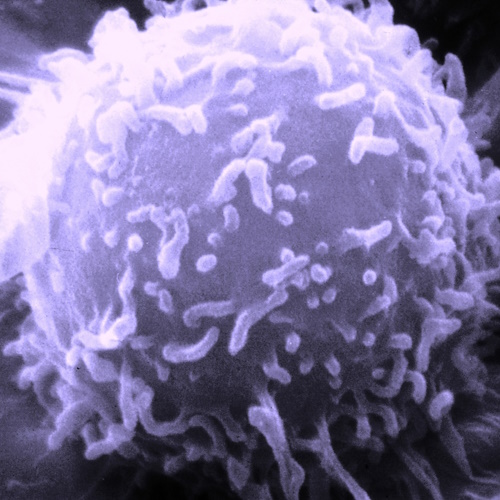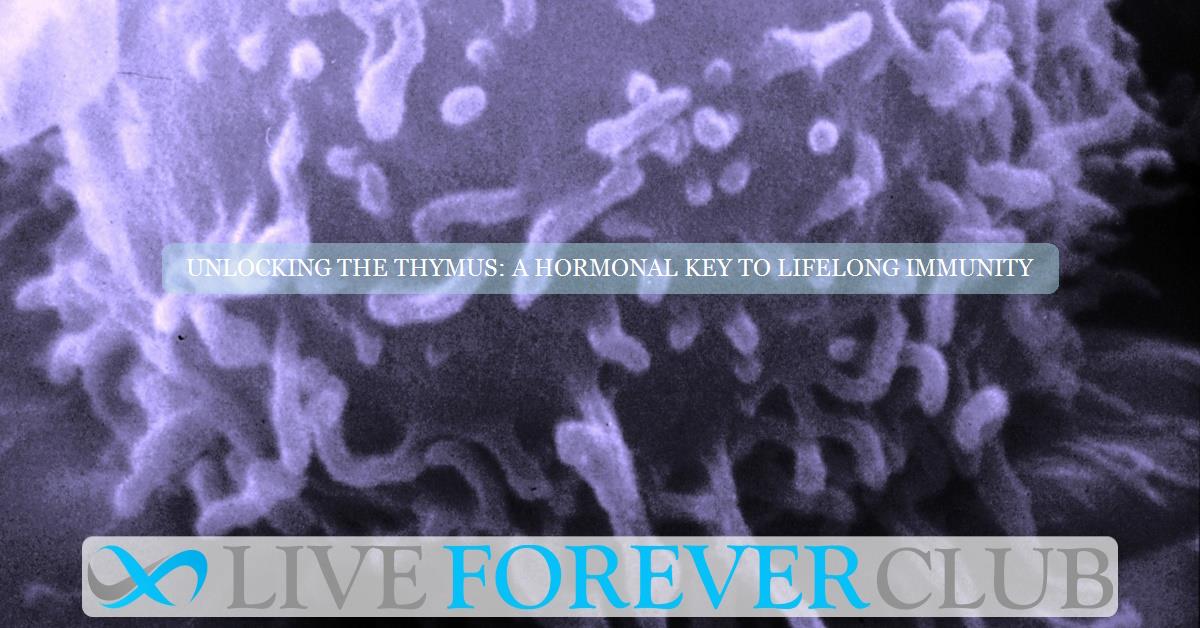Key points from article :
Researchers at UT Health San Antonio have uncovered a key mechanism that could help preserve the immune system’s strength as we age. In a study published in Nature Aging (February 2025), lead author Dr. Ann Griffith and her team identified the hormone fibroblast growth factor 21 (FGF21) as a critical regulator of thymic health—the organ where T-cells are trained to recognize and fight infections. Over time, the thymus shrinks and becomes less effective, leaving older adults more vulnerable to illness. This new research offers hope for treatments that could slow or even reverse that decline.
The study showed that FGF21 not only helps maintain thymic size but also preserves the function of the organ by enhancing the diversity of T-cells produced. This is important because while older individuals retain many T-cells, those cells are often "memory cells" that respond only to previously encountered threats. Without new T-cells, the immune system struggles to respond to new infections or vaccines.
Using mouse models, the researchers found that boosting FGF21 improved the structure of the thymus and stimulated a key signaling pathway called mTOR, which is essential for cell growth and metabolism. The effect was observed both directly in thymic epithelial cells and indirectly through broader signaling effects. Although thymic atrophy couldn’t be completely prevented, these findings suggest FGF21 could delay immune aging and reduce harmful inflammation and autoimmunity.
Ultimately, this research could pave the way toward therapies that help the aging immune system stay nimble, responsive, and better able to handle new health threats.






